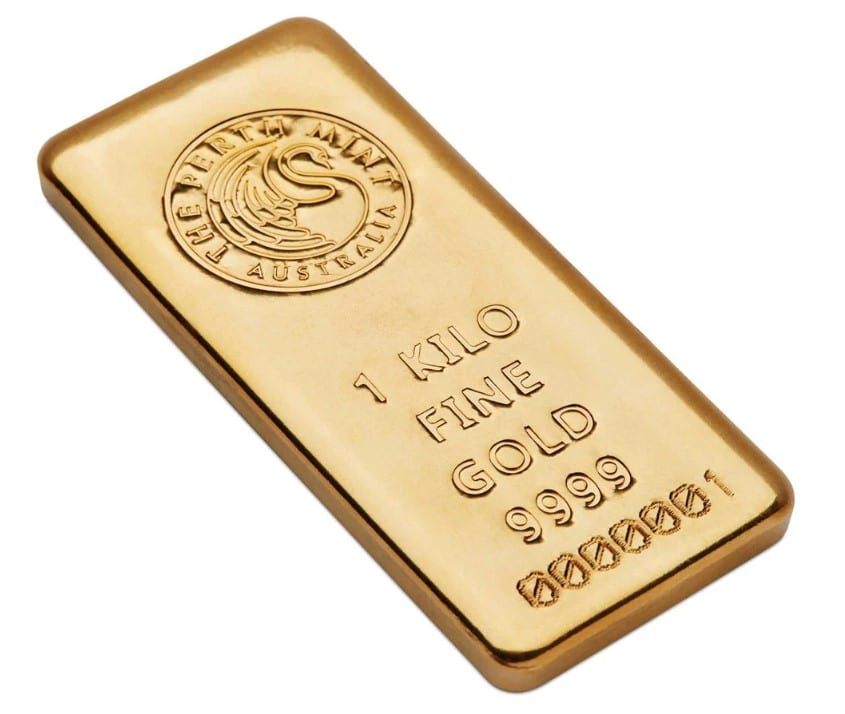Table of Contents
Introduction
Whether it’s an inherited series of antique jewelry, a box of broken chains, or vintage coins that have been sitting in a drawer for many years, many people eventually find themselves wondering how to turn their unused silver and gold into cash. The market for precious metals is flourishing, and scrap silver and gold buyers play an essential role in connecting sellers with the right opportunities.
But selling isn’t as simple as walking into a shop and accepting the first offer. Understanding how the process works, what affects prices, and how to spot trustworthy dealers can make the difference between getting a fair deal and leaving money on the table.
This article takes a deep dive into the world of selling scrap silver and gold, offering practical guidelines, insights into market dynamics, and advice for navigating the often-overlooked details that matter most.
What Counts as Scrap Silver or Gold?
The term “scrap” in this context doesn’t mean worthless—it simply refers to items made of precious metal that are no longer in their original, usable form or are unwanted.
Common Examples Include:
- Broken or mismatched jewelry (chains, rings, earrings)
- Outdated or damaged watches with gold or silver cases
- Sterling silver flatware, teapots, or serving trays
- Dental gold from crowns or fillings
- Silver coins, bullion, or commemorative medals
- Gold or silver from industrial applications (electronics, photography, medical equipment)
While collectors may pay a premium for rare or antique pieces, most scrap silver and gold buyers base their offers on the metal’s weight and purity, not the craftsmanship or sentimental value.
How Scrap Buyers Determine Value
The value of your precious metals is influenced by three main factors:
1. Metal Purity
Purity is expressed in karats for gold (24k being pure) and as a percentage or decimal for silver (e.g., .925 sterling silver). Buyers will test the metal using acid tests, electronic analyzers, or X-ray fluorescence to verify its content.
2. Weight
Once purity is established, the item is weighed—usually in grams or troy ounces. Even small variations in weight can significantly affect the payout.
3. Market Price
The global spot price of gold and silver changes daily based on supply and demand, economic conditions, and investor sentiment. Reputable dealers will use up-to-date market prices as a baseline, minus a small margin for processing and resale.
Choosing a Trustworthy Buyer
Finding the right buyer is the most important step in maximizing your return. Here’s what to consider:
Check Reputation
Look for businesses with strong customer reviews, established histories, and transparent business practices. Many local jewelers, pawn shops, and coin dealers purchase scrap metals, but not all are equally fair.
Ask About Testing
A credible buyer will test your items in your presence and explain the process. Avoid anyone who insists on taking items “to the back” without showing you how they determine purity.
Compare Multiple Offers
It’s wise to get at least two or three appraisals before committing. Prices can vary significantly depending on a buyer’s operating costs, resale network, and willingness to negotiate.
Understand Payment Terms
Most scrap silver and gold buyers pay immediately, but some may offer bank transfers or checks. Be sure you know when and how you’ll be paid before handing over your items.
Local vs. Online Buyers
Local Buyers
Immediate payment, face-to-face interaction, and no shipping risk. Best for smaller quantities or those who prefer personal service.
Online Buyers
Can reach a wider range of offers, sometimes with higher payouts due to lower overhead. Requires mailing your items, so you’ll need insured, trackable shipping and a clear return policy.
Many sellers start with local buyers for a baseline offer, then check online marketplaces and dedicated precious metals dealers for comparison.
Common Mistakes Sellers Make
Even well-meaning sellers can unknowingly shortchange themselves. Avoid these pitfalls:
- Not knowing the current market price – Check gold and silver spot prices before visiting a buyer.
- Selling all items as scrap – If a piece is antique or collectible, it might fetch more from a specialist than for melt value.
- Skipping the purity test – Don’t rely solely on hallmarks; have your items tested.
- Accepting the first offer – Even a quick phone call to another dealer can result in a better deal.
Sustainable and Economic Impacts
Scrap silver and gold buyers aren’t just in the business of resale—they play a role in sustainability. Recycling precious metals reduces the need for new mining, which can have significant environmental consequences. Processing scrap also supports local economies by keeping value circulating within communities instead of relying solely on imported raw materials.
Tips for Maximizing Your Sale
Separate Metals by Type
Keep gold separate from silver to avoid confusion during weighing.
Clean Lightly
Remove dirt or residue, but don’t polish heavily, as this can remove trace amounts of metal.
Bring Identification
Many jurisdictions require sellers to provide ID for anti-theft regulations.
Sell Strategically
Prices can fluctuate; consider holding onto your metals if the market is trending upward.
The Role of Professional Appraisers
For higher-value items, an independent appraisal can provide peace of mind. Certified appraisers can determine whether a piece’s value lies in its metal content, craftsmanship, or historical significance. In some cases, selling to a collector or at auction can yield far more than scrap value.
Conclusion
Turning unused jewelry, flatware, or coins into cash can be a straightforward and profitable process—if you know what to look for in a buyer and how to prepare your items. By understanding purity, weight, and market conditions, and by taking the time to compare offers, you can ensure you’re getting a fair price.
Reputable scrap silver and gold buyers not only provide a practical way to unlock the value of unwanted items but also contribute to a sustainable metals market. With the right knowledge and a little diligence, your vintage treasures can find new life—and put money back in your pocket.

